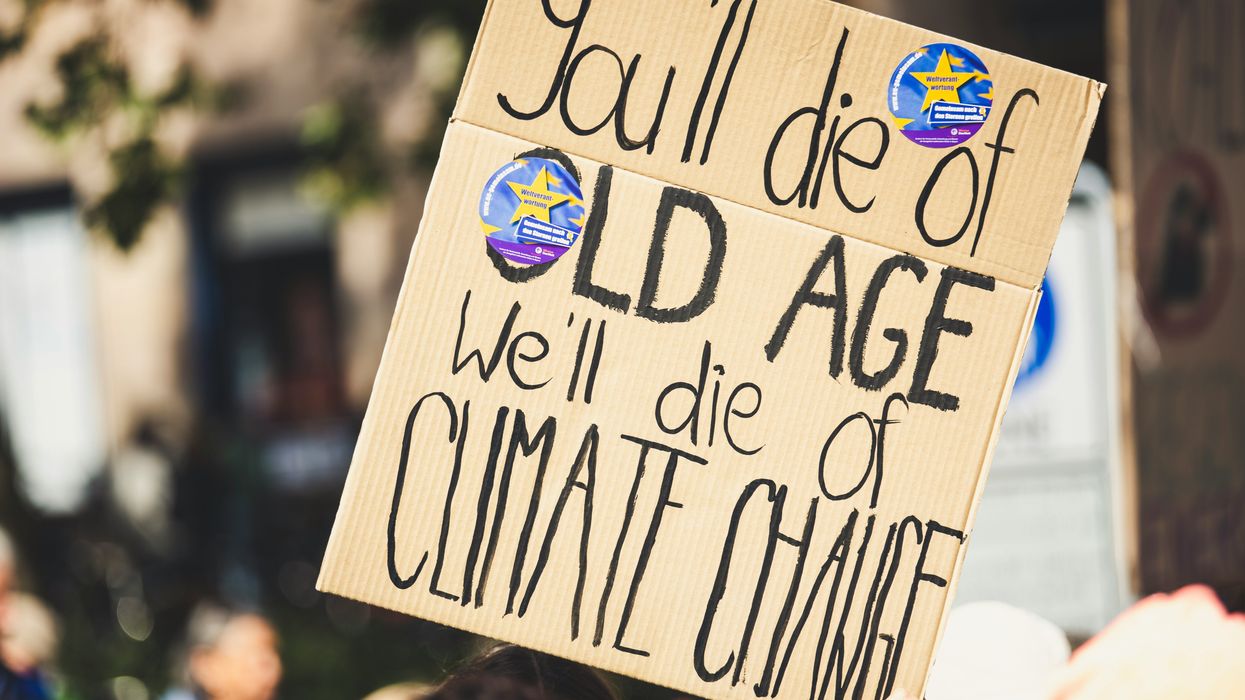In Dhaka, thousands of impoverished workers, including children, scavenge for plastic in toxic landfill sites, sustaining an informal recycling economy amid mounting plastic pollution and political inaction.
Tom Parry reports for The Telegraph.
In short:
- Bangladesh dumps nearly 2 million tons of plastic waste annually, with no formal waste collection system for much of its capital, which has a population of 24 million people.
- Plastic waste is burned, buried, or recycled in unsafe conditions, exposing workers to toxic fumes. Many children work alongside adults, sorting plastic for resale.
- Workers at the Matuail dump earn meager wages sifting through hazardous waste.
- Global talks on plastic pollution stalled as fossil fuel-producing nations resisted restrictions on plastic production, despite mounting evidence of its environmental and health impacts.
Key quote:
“The health risks resulting from plastic pollution affect some of the world’s poorest communities, who are powerless to do anything about it.”
— Dr. Josh Cottom, University of Leeds
Why this matters:
With almost no structured waste management, Bangladesh’s plastic crisis exemplifies a global problem where low-income communities bear the brunt of pollution. Workers at Dhaka’s landfills face exposure to toxic fumes and infectious waste, with little oversight or protection. Meanwhile, global plastic production is set to triple by 2050, increasing carbon emissions and worsening environmental damage. Despite pledges to reduce plastic use, political gridlock continues to delay effective action by means of a global plastic treaty or other mechanisms.
Related: Bangladesh begins enforcing ban on single-use plastics














